Crypto Gaming: A Beginner's Guide
Key Features of Crypto Games
- Play-to-Earn (P2E): Players can earn income through gameplay. For example, Axie Infinity enables players in regions like the Philippines to earn full-time incomes (DappRadar, 2025).
- Digital Ownership: NFTs allow players to own and trade unique in-game assets.
- Decentralized Economies: Blockchain ensures secure, transparent transactions.
What This Guide Covers
- Definition of blockchain games
- How crypto games function
- Game mechanics, benefits, and risks
- Top crypto games for earning
- Multi-chain wallet options
- Steps for beginners to get started
Last updated: July 2025
Evolution of Gaming
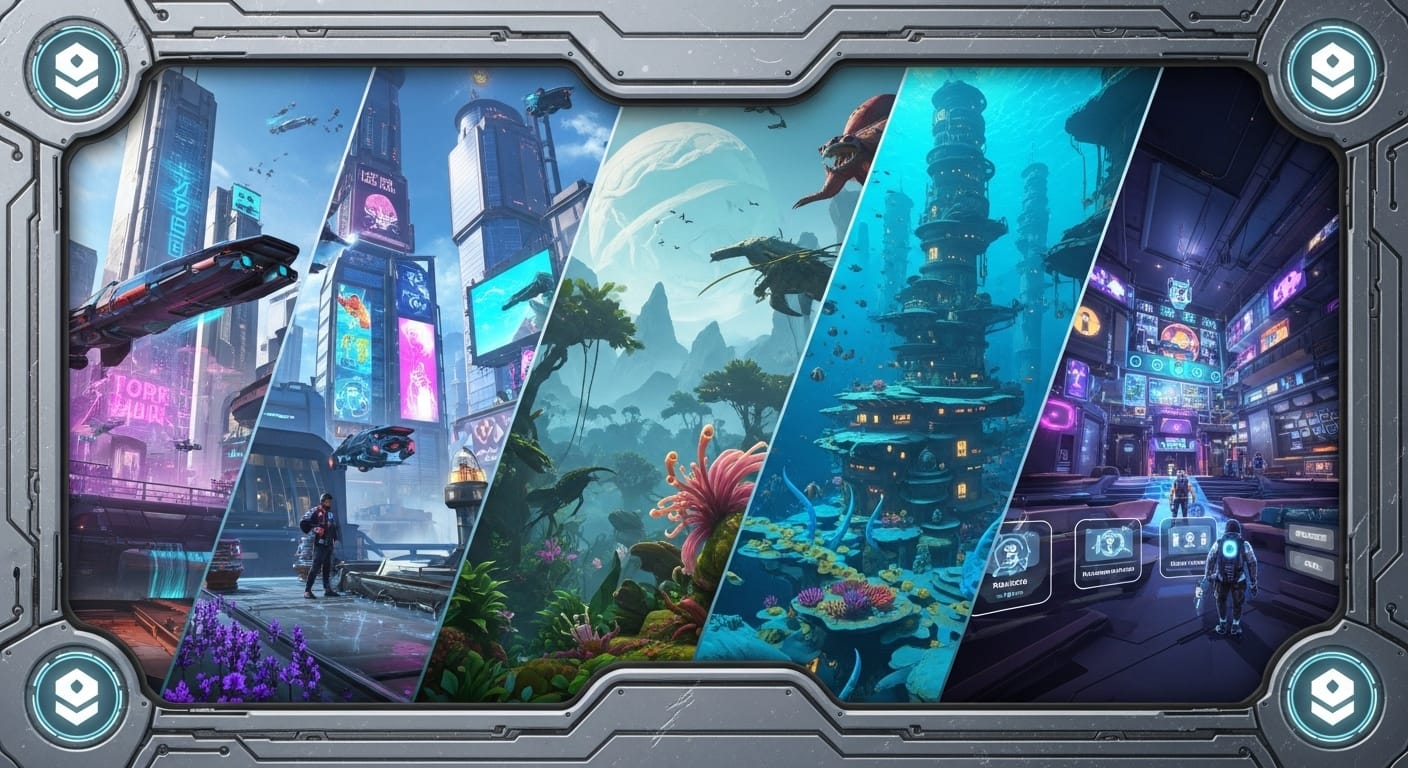
The gaming industry has evolved from 1970s arcade machines to sophisticated online ecosystems. What is blockchain in gaming? Blockchain technology marks a pivotal shift, introducing blockchain-based gaming where players monetize achievements through cryptocurrencies and NFTs, unlike traditional games where rewards are platform-locked. This evolution has birthed web3 gaming crypto, redefining how players interact with digital economies.
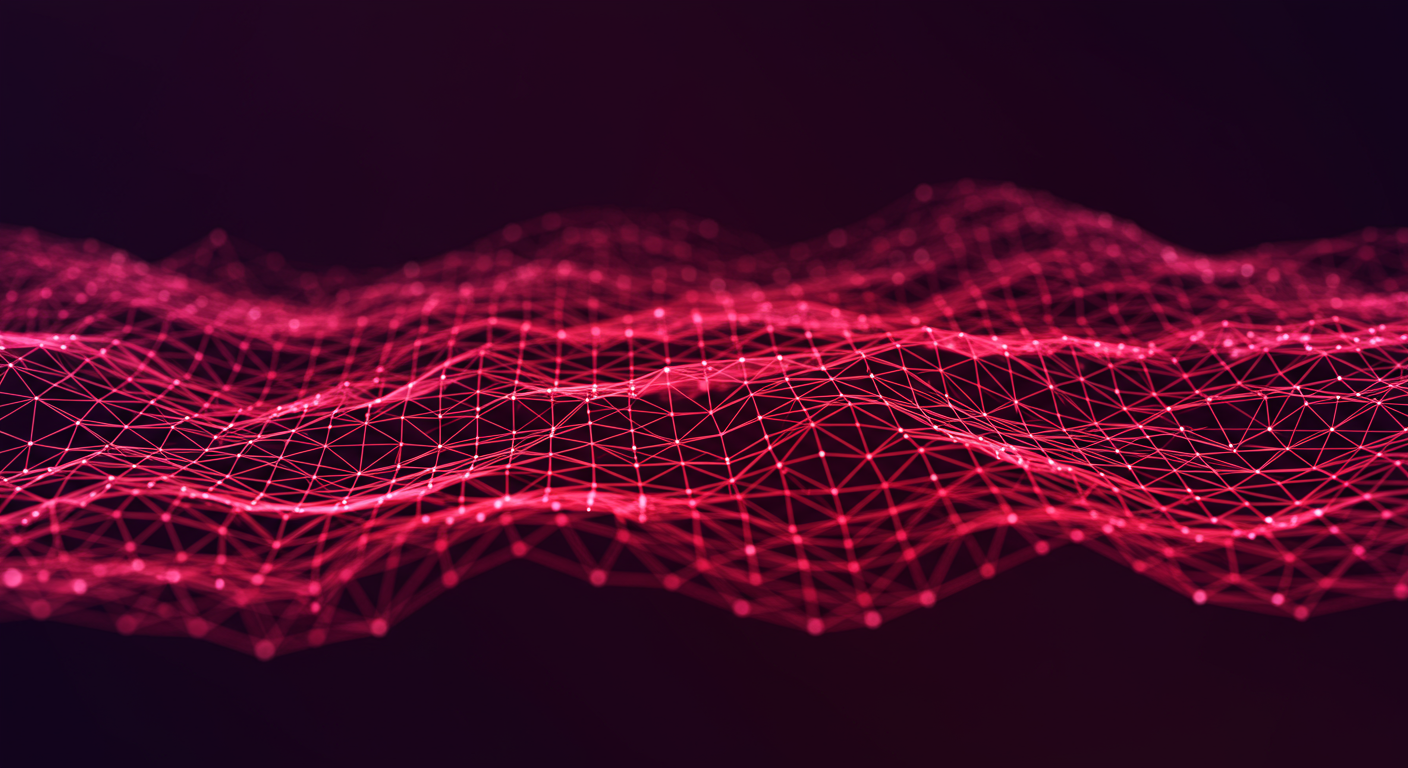
Blockchain Technology
Understanding Crypto Gaming and Blockchain
What is a Blockchain Game?
A blockchain game, also known as a blockchain video game, leverages a secure, transparent digital ledger—blockchain—to incorporate cryptocurrencies used in the game and NFTs. These blockchain games in GameFi enable players to own, trade, and monetize digital assets, fostering open economies. What is blockchain-based gaming? It’s gaming built on decentralized networks, offering:
- Security: Encrypted transactions minimize fraud risks.
- Transparency: Public blockchains ensure verifiable ownership.
- Decentralization: Distributed networks reduce server downtime.
- Interoperability: Assets function across compatible platforms.

NFTs
Core Components
- Crypto Gaming Coins: Tokens like Ethereum (ETH), Binance Coin (BNB), or game-specific currencies (e.g., ALICE in My Neighbor Alice).
- Non-Fungible Tokens (NFTs): Unique assets like characters or virtual land.
- Smart Contracts: Self-executing contracts governing gameplay and rewards.
- Hybrid Infrastructure: Combines web2 servers with web3 blockchains.
What crypto is used in gaming? Popular cryptocurrencies include ETH, BNB, AXS, SLP, $GODS, and HMSTR.
Play-to-Earn (P2E) Model
What is crypto gaming play to earn? The P2E model allows players to earn crypto gaming coins or NFTs through gameplay, transforming gaming into a potential income source, particularly in economically challenged regions. How do crypto games make money? Players earn through:
- Competitive Play: Winning tournaments in Gods Unchained yields $GODS tokens (e.g., $10,000 prize pools; Gods Unchained, 2025).
- Progression-Based Rewards: Completing quests in Axie Infinity earns SLP tokens or NFTs.
- Asset Trading: Trading NFTs on marketplaces like OpenSea.
- Staking and Governance: Holding tokens for additional rewards.
- Crypto Gambling: Games like CoinPoker offer cryptocurrency rewards, subject to regulations (e.g., is crypto gambling legal? Check local laws).
Example: In My Neighbor Alice, players earn ALICE tokens through tasks, tradable for Ethereum on exchanges like Coinbase.
Top Crypto Games in 2025
How many crypto games are there? Hundreds of crypto games to earn span diverse genres. Based on DappRadar and X community trends, notable blockchain video games in 2025 include:
- Axie Infinity crypto game (Ethereum): Breed and battle Axies, earning SLP and AXS tokens (200,000 monthly players; DappRadar, 2025).
- Decentraland (Ethereum): Monetize virtual land with MANA tokens.
- The Sandbox (Ethereum): Create experiences with SAND tokens, partnered with Adidas (what is cryptocurrency used in the game Sandbox? SAND tokens).
- Gods Unchained (Ethereum): Free-to-play card game rewarding $GODS tokens.
- Illuvium (Ethereum): AAA open-world RPG with ILV tokens.
- Splinterlands (Hive): Card game with 1.5 million users, rewarding DEC and SPS tokens.
- Notcoin (TON): Telegram tap-to-earn game with 35 million players.
- Hamster Kombat (TON): Manage virtual exchanges, rewarding HMSTR tokens (300 million players; Telegram, 2025).
In-Game Assets and NFTs
Unlike traditional games with platform-locked assets, blockchain games in GameFi use NFTs for:
- True Ownership: Players control tradable assets.
- Scarcity and Value: Unique NFTs appreciate with demand.
- Interoperability: Some NFTs work across games.
Example: A rare land parcel in The Sandbox can be sold on OpenSea for Ethereum.
Comparison: Crypto vs. Traditional Gaming
| Aspect | Traditional Gaming | Crypto Gaming |
|---|---|---|
| Asset Ownership | Platform-locked | Player-owned (NFTs) |
| Monetization | In-game use only | Real-world value (P2E) |
| Decentralization | Centralized control | Decentralized blockchain |
| Community Role | Limited influence | Shapes development |
Benefits of Crypto Gaming
- Monetization: Earn crypto gaming coins or NFTs, generating income.
- True Ownership: Assets remain player-owned, even if games shut down.
- Security and Transparency: Blockchain ensures secure, verifiable transactions.
- Community-Driven: Players influence governance via token voting.
- Global Accessibility: Income opportunities in underserved regions.
Challenges and Risks
Challenges
- Regulatory Uncertainty: Varying laws impact earnings (is crypto gambling legal in the UK? Check CoinDesk).
- Market Volatility: Token prices fluctuate (e.g., AXS: $94.33 in 2022 to $9.99 in 2023; CoinGecko). Mitigation: Diversify via CoinMarketCap.
- Scams and Rug Pulls: Fraudulent projects like Anirand (2022, $550,000 stolen). Mitigation: Verify contracts on Etherscan.
- Security Risks: Incorrect wallet transfers cause losses. Mitigation: Use secure wallets like Ledger Nano S.
- High Entry Costs: Games like Axie Infinity require NFT purchases.

Crypto Scams and How to Avoid Them
Ethical Considerations
P2E models may encourage gambling-like behaviors (what is gambling in crypto?). Recommendation: Set limits using budgeting apps like YNAB.
Economic Impact
Crypto gaming play to earn enables incomes of $500–$1,000 monthly in regions like the Philippines (Axie Infinity, PlaytoEarn.net, 2025). The blockchain gaming market size, valued at $21.22 billion in 2024, is projected to reach $65.7 billion by 2027 (Statista, 2024).
Future Trends
- Metaverse Integration: Games like Decentraland drive virtual worlds.
- Cross-Chain Interoperability: Standards like ERC-1155 enable asset compatibility.
- Mainstream Adoption: Partnerships with Google and Adidas enhance credibility.
- Technological Advancements: Layer-2 solutions (e.g., Arbitrum) reduce fees; AI-driven NPCs improve gameplay.
- AAA Game Development: Titles like Star Atlas attract mainstream gamers.
Hedera’s low-fee, DAG-based blockchain supports secure NFT creation (what is the best blockchain for gaming? Hedera is a strong contender).
Case Studies
- Axie Infinity crypto game: Enables incomes of $500–$1,000 monthly (X posts, 2025).
- CryptoKitties: Popularized NFTs in 2017, with assets sold for over $100,000.
- Hamster Kombat: Attracted 300 million players with HMSTR airdrop (Telegram, 2025).
Regulation and Legal Considerations
- Cryptocurrency Regulations: Check local laws on CoinDesk (is crypto gambling legal in Canada?).
- Taxation: Earnings may face capital gains taxes (e.g., IRS guidelines; how much crypto gain is taxable?).
- Consumer Protection: Developers must ensure transparency.
- Gambling Laws: Restrictions apply in regions like the UK (is crypto gambling legal in the UK?).
Crypto Gaming Communities

Blockchain Platforms
- Ethereum: Robust, high fees.
- Binance Smart Chain (BSC): Low fees, fast.
- Solana: High throughput.
- Flow: Game-focused.
- Hedera: Low-fee, DAG-based.
- Ronin: Optimizes Axie Infinity.
- The Open Network (TON): Powers Notcoin.
Multi-Chain Wallets

| Wallet | Supported Blockchains | Key Features | Compatibility | Pros | Cons |
|---|---|---|---|---|---|
| Trust Wallet | 100+ (ETH, BSC) | Non-custodial, dApp browser | Axie Infinity, Notcoin | User-friendly, secure | Limited desktop support |
| Bitget Wallet | 100+ (ETH, TON) | MPC keyless, Smart Money Alerts | Lumiterra, Hamster Kombat | Advanced tools | Complex for beginners |
| Coinbase Wallet | 10+ (ETH, Solana) | Coinbase integration, Ledger | Decentraland | Beginner-friendly | Fewer blockchains |
| Exodus Wallet | 100+ (ETH, BSC) | Built-in exchange, NFT support | Gods Unchained | Sleek interface | No 2FA |
Getting Started in Crypto Gaming
How do crypto games work? Follow these steps:

Top Crypto Wallets
- Select a Game: Browse DappRadar for crypto games to earn like Gods Unchained (crypto games free).
- Set Up a Wallet: Download Trust Wallet or Bitget Wallet.
- Secure Your Wallet: Store seed phrases offline; enable 2FA.
- Fund Your Wallet: Purchase $10–$50 in cryptocurrencies used in the game like ETH via Coinbase.
- Create an Account: Connect wallet to the game’s website.
- Acquire Assets: Buy NFTs or use free-to-play options.
- Join Communities: Engage on Axie Infinity Discord or crypto gaming Discord servers.
- Learn Mechanics: Study guides on PlaytoEarn.net.
FAQs
- What is crypto gaming?
Crypto gaming integrates blockchain, cryptocurrencies, and NFTs, allowing players to own, trade, or earn in-game assets, unlike traditional gaming where developers control items. - How do play-to-earn (P2E) games work?
P2E games reward players with cryptocurrencies or NFTs for gameplay, which can be traded or sold on blockchain marketplaces for real-world value. - What are the risks of crypto gaming?
Risks include volatile token values, security threats like hacks, high initial costs, and regulatory uncertainties. Research and caution are essential. - What do I need to start crypto gaming?
You need a crypto wallet (e.g., MetaMask), cryptocurrency for fees or purchases, and access to the game’s platform. Understand blockchain basics and secure your wallet. - Are crypto games legal?
Legality varies by region, often in a regulatory gray area. Check local laws on cryptocurrencies, taxation, and gaming, and consult professionals for compliance.
Resources
- Game Discovery:
DappRadar, PlaytoEarn.net - Market Data:
CoinGecko, CoinMarketCap - Security Tools:
Etherscan - Communities:
Axie Infinity Discord, Notcoin Telegram
Glossary
- Gas Fees:
Blockchain transaction costs. - Smart Contracts:
Self-executing blockchain contracts. - Layer-2 Solutions:
Technologies reducing transaction costs. - Web3 Gaming Crypto:
Cryptocurrencies used in decentralized gaming ecosystems.
Conclusion
What is gaming crypto? It’s the integration of blockchain and cryptocurrencies in gaming, enabling players to earn real-world value through crypto gaming play to earn. Titles like Lumiterra, Gods Unchained, and Hamster Kombat, supported by crypto gaming wallets like Trust Wallet, lead innovation. Despite challenges like market volatility, the blockchain gaming market size is projected to reach $65.7 billion by 2027 (Statista, 2024). Start exploring on DappRadar or set up a Trust Wallet to play crypto games to earn like Gods Unchained today.
Disclaimer: Cryptocurrency investments carry risks. Always conduct thorough research and consult financial advisors. Market data current as of July 2025; check CoinMarketCap for updates.










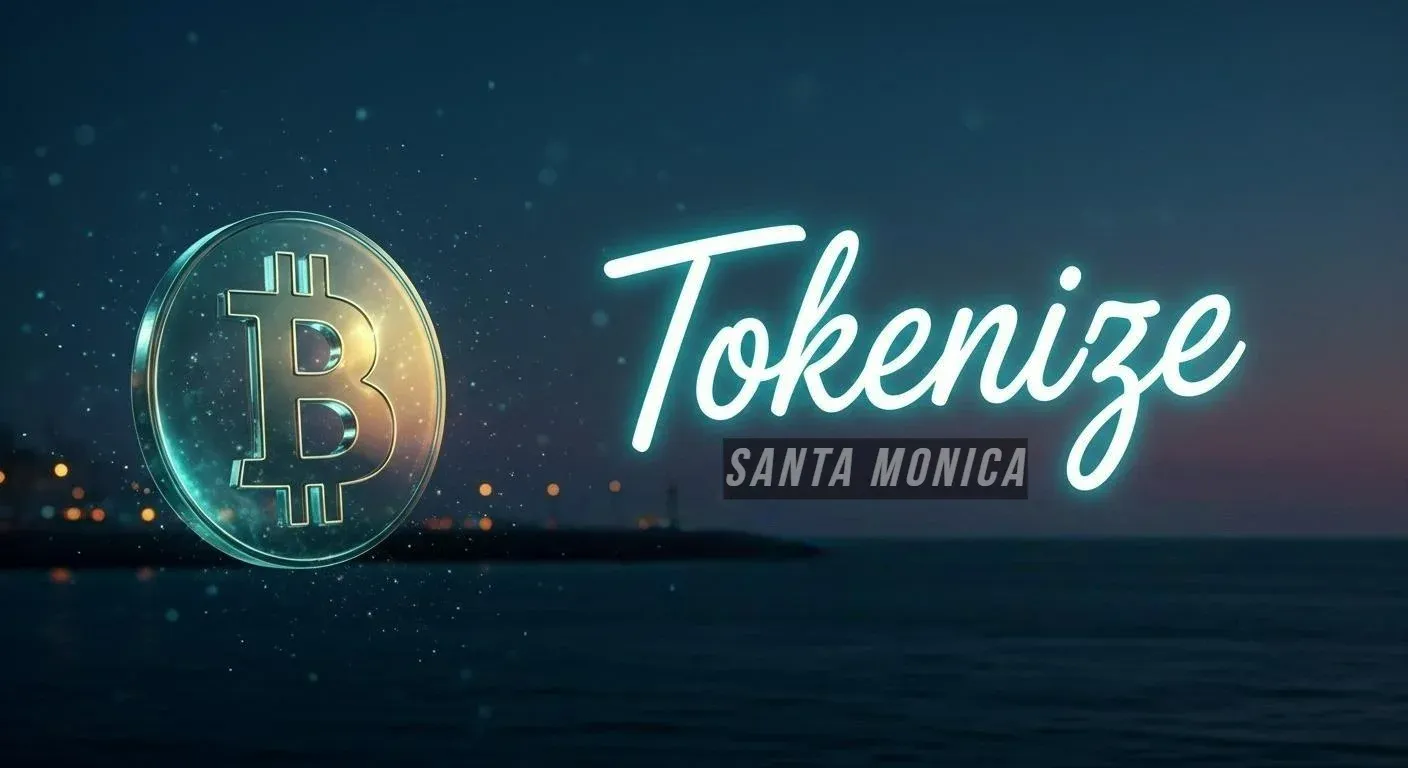





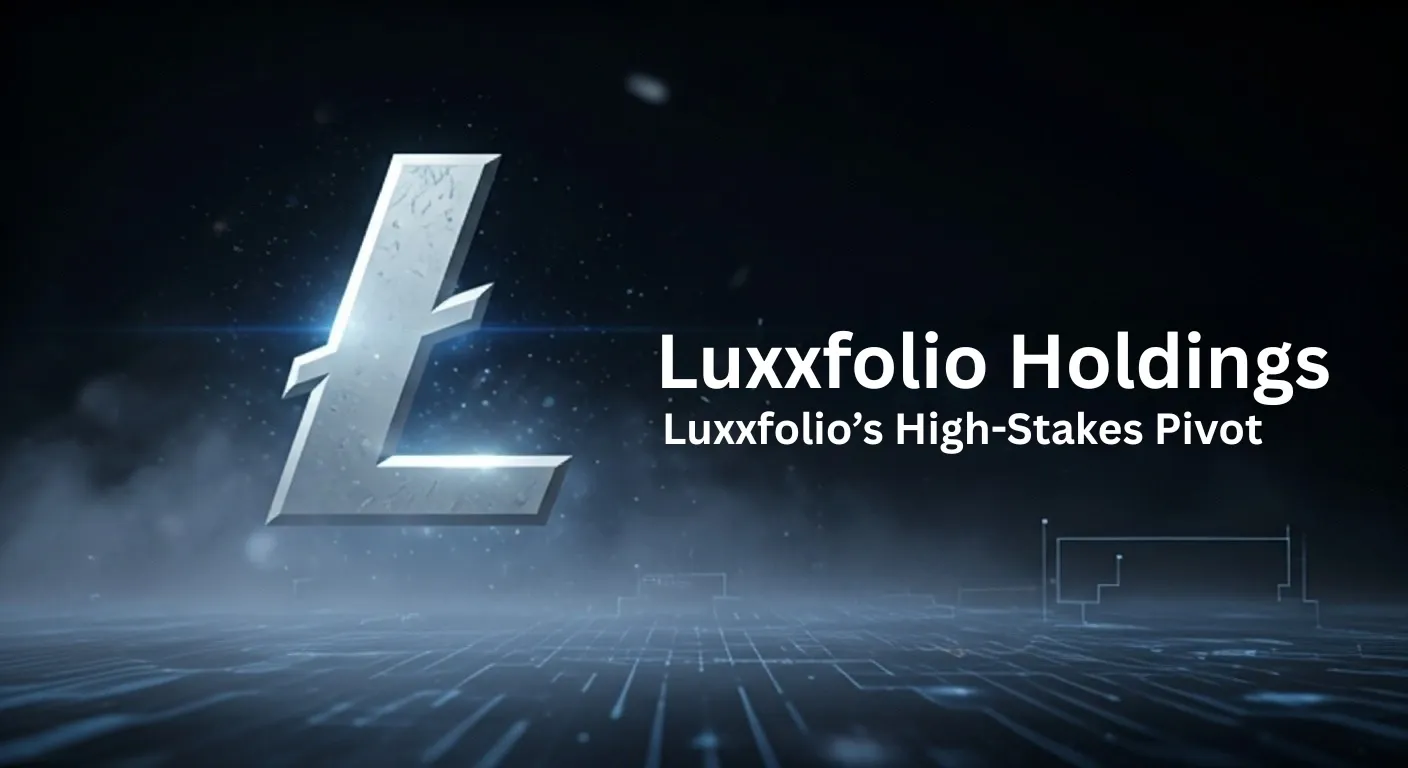
Discussion